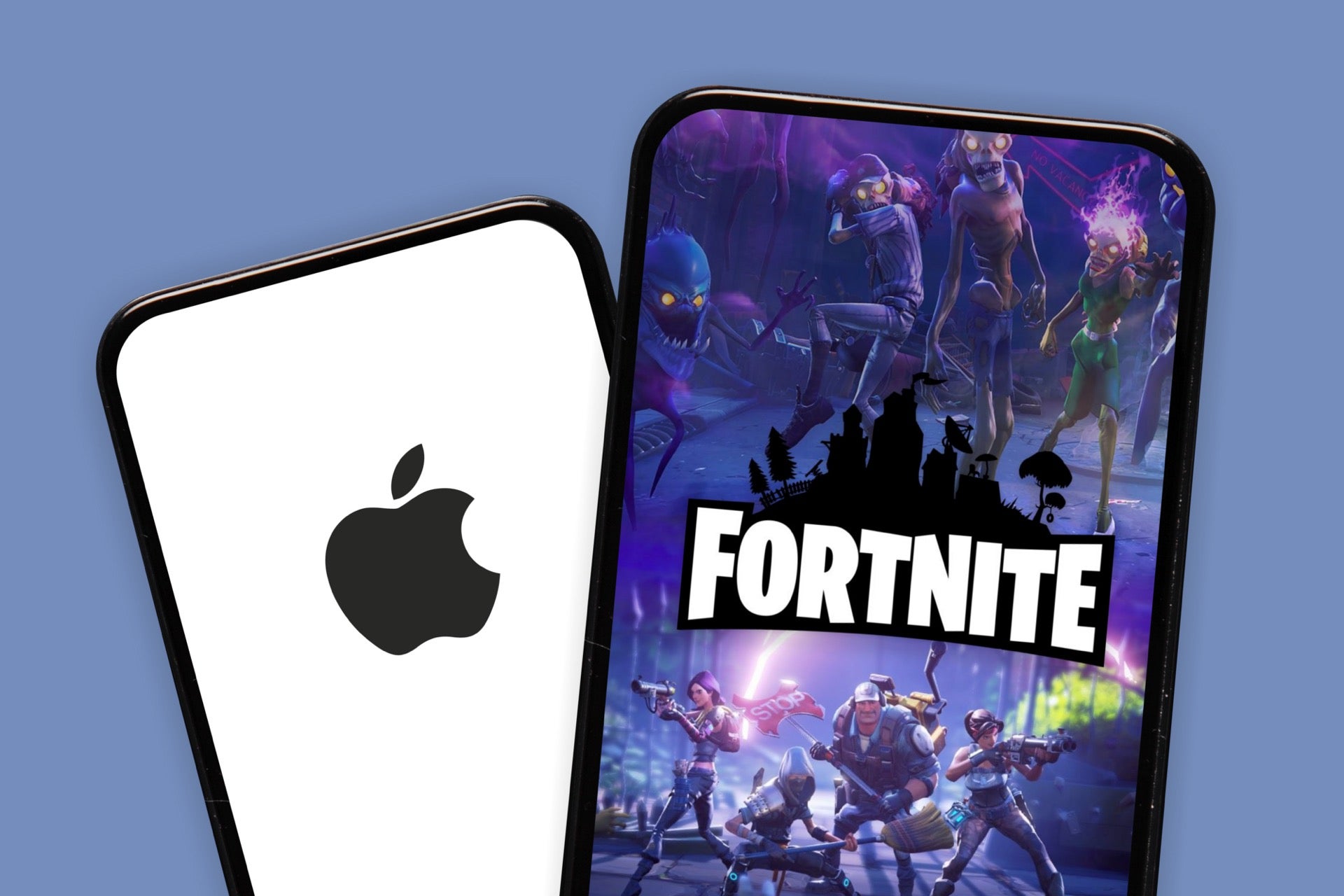
Apple has accused video-game developer Epic Games of simply trying to turn around “flagging interest” in its flagship Fortnite game as the two companies filed their main arguments ahead of a highly anticipated trial next month. The antitrust showdown could massively change the situation for all iPhone app developers as the verdict could give them better future terms or provide more of the same.
The central question in the trial is if Apple uses its market dominance to set terms that discourage fair competition on its iOS platform and squeeze out too much profits from companies with solutions on the App Store.
Epic believes that is the case. The Fortnite video game studio has long been a critic of how both Apple and Google take a 30% cut of the profits made by apps on the App Store and on the Play Store. This criticism came to a head in August last year when Epic essentially dared Apple and Google to kick it off their platforms.
In a premeditated move, Epic announced an update of Fortnite that enabled users to get a 20% discount of the in-game currency V-Bucks by buying it straight from Epic rather than going via the two tech behemoths. Unsurprisingly, both Apple and Google responded by banning Fortnite from their virtual stores.
Epic then rolled out a prepared PR campaign named Project Liberty and a smattering of lawsuits against both Apple and Google in the US, the UK, Australia and the EU.
The US trial against Apple is now set to take place in Oakland, California in May. Epic and Apple filed their main arguments in the case this week.
In its filing Epic claimed that Apple is in a monopoly position. The game developer contended that there are over one billion iPhones in circulation, which means that it constitutes a software market in its own right that developers cannot afford to be cut out of.
Given Apple controls what can be installed on its devices and because of its size, Epic will claim that the iPhone maker is controlling the market. It will also suggest that Apple can use its review process to remove competitors to its own apps and claim it does so due to security concerns.
“Although in theory an iOS developer unhappy with Apple could simply leave the iOS platform and write only for Android, most mobile app developers do not consider abandoning iOS to be a viable option,” Epic argued. “Distributing apps on iOS is a virtual necessity for developers. Developers cannot afford to forgo distributing their apps to iOS users, as doing so would entail giving up access to approximately one billion potential customers, who form the most lucrative part of the available customer base.”
The Cupertino-headquartered company’s filings shot back by arguing that the whole trial essentially boils down to a PR stunt. Apple argued that its App Store policies have made the software industry safer and more profitable. The iPhone maker will also suggest that it is not in a monopoly position as it has many competitors.
“Epic seeks to portray Apple as the ‘bad guy’ so that it can revive flagging interest in Fortnite,” Apple said. “Yet, ironically, when Epic got kicked off the iOS platform, it told players that they could continue playing on consoles, PCs and other devices – demonstrating the existence of competition and the absence of monopoly.
“Apple is not a monopolist in any relevant market. Apple does not have market power over digital game transactions. Whether measured in apps or in-app purchases, output has increased while prices have stayed constant or fallen. The restrictions in Apple’s license agreements protect its intellectual property and serve a variety of procompetitive benefits including reliability, security and privacy. Epic just wants to free-ride on Apple’s innovation.”
Epic is by no means alone in being critical against Apple. Spotify is an Apple Music competitor and has previously filed a complaint against Apple to the European Commission, claiming that its App Store policies violated competition laws. An Apple Book competitor filed a similar claim around the same time. On the back of these filings, the European Commission launched twin probes in June 2020 into the App Store to investigate the claims.
Other regulators around the world are also investigating the iMac maker. The US Justice Department filed an antitrust lawsuit against the tech titan in October. Dutch and UK regulators are also investigating the $2tn company on similar grounds.
Since the whole Epic story began, Apple and Google have both announced plans to cut fees from 30% to 15% for developers earning under $1m in annual revenue via their virtual stores.
The trial comes at a time when more companies are breaking into the highly lucrative video game industry. For instance, technological developments such as 5G and better batteries have encouraged several telcos to take a stab at it by joining forces with cloud gaming platform providers to roll out their cloud gaming services through set-top boxes, PCs and mobile devices, as described in a recent GlobalData research report.







